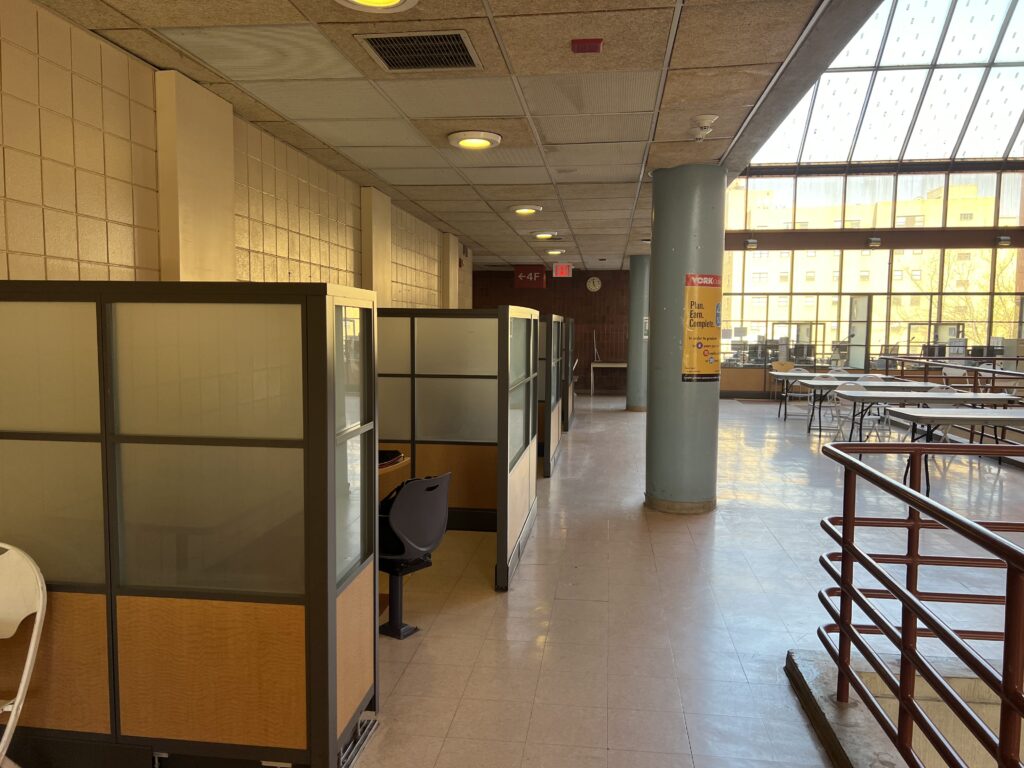By Crystal Gordon
During the Midterms, it is important to adopt study habits that can help you stay organized, meet deadlines and feel less stressed while still having time for friends, family, and recreational activities. Without some excitement, campus life would be boring. The lack of good entertainment, fun, diversity, and great relationships, leaves college students attempting to find their place in the world, lacking the necessary balance required for success.
Study skills are critical in order to be successful in college. It allows students to get good grades and is helpful in learning new techniques. Memorization is the process of committing something to memory effortlessly.
Midterms can be overwhelming, so here are some tips and resources that you may find helpful.
You can invest in a daily planner to help you record all your assignments, deadlines, and any upcoming events. There are also digital and online planners to help you stay on top of your schedule. Using your planner as a guide can help you manage your daily tasks, stay motivated, and have more free time to do things you enjoy. Be sure to complete your most important tasks first so it can help you feel less overwhelmed and much more productive. It also helps to schedule time to study and review your notes while taking necessary breaks.
Studying is most effective in an environment that allows little to no distractions or interruptions. Having a quiet environment allows the student to focus their attention and remember the content more.
You can improve your studying habits effectively by avoiding procrastination and incorporating self-care into your schedule. Having a well-balanced diet and making sure you get enough sleep will help to improve memorization. Students are generally more productive when they’re not struggling to stay awake or distracted by their growling stomachs. It is much harder to retain key information if you wait till the last minute to study.
Another basic approach to remembering any information is to rehearse it. For example, reading relevant chapters from their textbooks and writing notes from lectures by hand helps improve students’ understanding of the study content.
“There are a lot of different types of learning. Some students are visual learners, auditory learners, or hands-on learners,” said Ivy Sanchez, an adviser at the Center for Students with Disabilities.
“Personally, I am a visual learner, so when I prepare for exams, I color coordinate my notes,” Sanchez added. “Also, rewriting my notes in my own words helps me understand and memorize them better. I find that flashcards are extremely helpful, especially when you use them consistently. Repetition is necessary for learning.”
Regardless of any student’s learning level, color coding their notes makes them more visually appealing and easier to recall important points. This technique is very effective for students with A.D.D. or A.D.H.D. because different colors attract their attention, keep information organized, and make notes far more visible. Many students said making flashcards is a constructive way to study. Flashcards are visual cues that are extremely useful for self-testing. They are made on small index cards with topics or terms on one side and short summaries or definitions on the other side. It is easier to remember studying with flashcards by turning the study content into music and making games out of the questions. Reading your notes aloud or actively listening to lectures is beneficial to auditory learners.
The Students with Disabilities Center provides workshops, student-based activities, and services to help accommodate your learning style for students who require assistance with learning or studying.
Charmaine Townsell, senior director of the Student Wellness and Resources, strongly suggested their Virtual Distance Learning Toolkit, created by and for college students to thrive and have a successful college experience. It can be found at https://cats.cuny.edu. It includes some of the best practices and opportunities developed by student leaders, faculty, and staff to benefit college students with and without learning disabilities. In addition, you can reach the student with disabilities office by phone at 718-262-2191, email at csd@york.cuny.edu, or by visiting their website at https://www.york.cuny.edu/csd. Or follow them on Instagram and TikTok to stay up to date on upcoming events.
“The wonderful thing about our students is that they are very connected,” said Townsell. “They have access to information everywhere. It’s important they check their college email accounts and websites in addition to social media because they are constantly being updated with useful information to prepare you for exams and help you be successful in college. Students are more likely to listen to their friends than staff.”
Study groups and peer communication can help improve study habits tremendously. Some students use social media to organize group chats or hold Zoom meetings to assist one another in reviewing reading material. Students can join a study group for the courses they are enrolled in on the Navigate website, where they can also get academic advice. Students can use the York Cardinal app to find study groups or suggest starting one for their class.
For exams, students should schedule a time to study their textbooks, previous homework assignments, and quizzes. For reports, it is advised to make time to conduct research and develop a rough draft.
Unwanted emotional states can also negatively impact your academic performance and learning productivity. Students should ideally want to feel calm or confident when taking their exams. If you’re feeling anxious and stressed about midterm exams, the counseling center recommends journaling to help you relax. Changes in your study environment can benefit your emotional state and memory retention.
They offer a variety of clubs, yoga sessions, meditation, and counseling sessions at York College to help students unwind. These extra-curricular programs teach participants that success is limited and subjective without education, time management, and social activities. They also provide a diverse, academic, and fun experience. These experiences help mold students into successful, well-rounded individuals.


